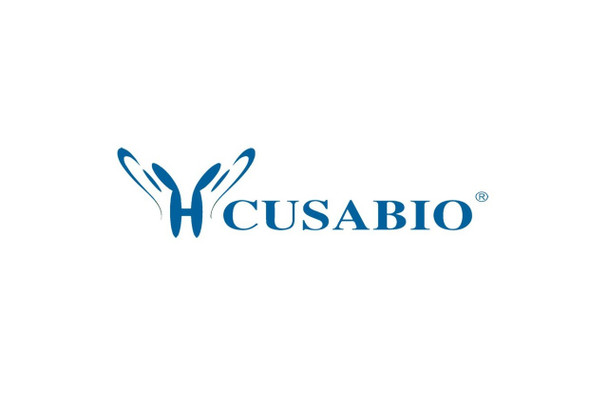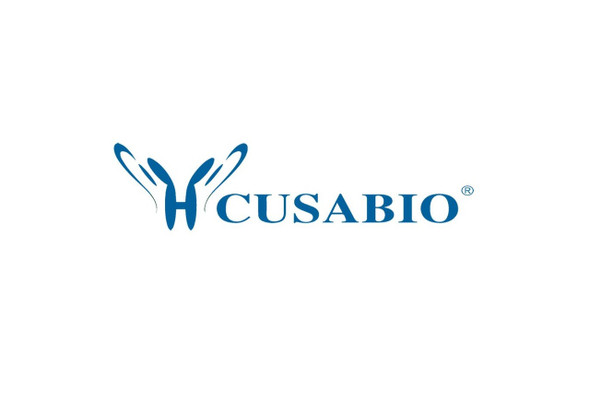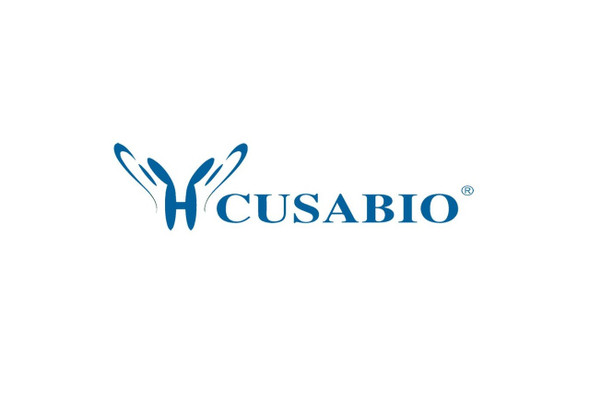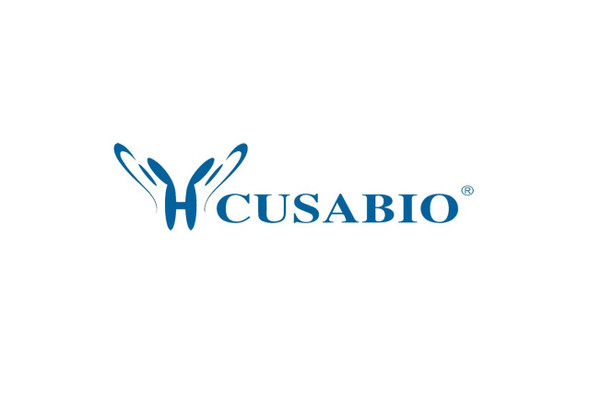Cusabio Human Recombinants
Recombinant Human Syntaphilin (SNPH), partial | CSB-EP022317HU
- SKU:
- CSB-EP022317HU
- Availability:
- 13 - 23 Working Days
Description
Recombinant Human Syntaphilin (SNPH), partial | CSB-EP022317HU | Cusabio
Alternative Name(s): bA314N13.5; KIAA0374; Snph; SNPH_HUMAN; Syntaphilin
Gene Names: SNPH
Research Areas: Neuroscience
Organism: Homo sapiens (Human)
AA Sequence: MAMSLPGSRRTSAGSRRRTSPPVSVRDAYGTSSLSSSSNSGSYKGSDSSPTPRRSMKYTLCSDNHGIKPPTPEQYLTPLQQKEVCIRHLKARLKDTQDRLQDRDTEIDDLKTQLSRMQEDWIEEECHRVEAQLALKEARKEIKQLKQVIDTVKNNLIDKDKGLQKYFVDINIQNKKLETLLHSMEVAQNGMAKEDGTGESAGGSPARSLTRSSTYTKLSDPAVCGDRQPGDPSSGSAEDGADSGFAAADDTLSRTDALEASSLLSSGVDCGTEETSLHSSFGLGPRFPASNTYEKLLCGMEAGVQASCMQERAIQTDFVQYQPDLDTILEKVTQAQVCGTDPESGDRCPELDAHPSGPRDPNSAVVVTVGDELEAPEPITRGPTPQRPGANPNPGQSVSVVCPMEEEEEAAVAEKEPKSYWSRH
Source: E.coli
Tag Info: N-terminal 6xHis-SUMO-tagged
Expression Region: 1-424aa
Sequence Info: Partial
MW: 62 kDa
Purity: Greater than 90% as determined by SDS-PAGE.
Relevance: Inhibits SNARE complex formation by absorbing free syntaxin-1.
Reference: The DNA sequence and comparative analysis of human chromosome 20.Deloukas P., Matthews L.H., Ashurst J.L., Burton J., Gilbert J.G.R., Jones M., Stavrides G., Almeida J.P., Babbage A.K., Bagguley C.L., Bailey J., Barlow K.F., Bates K.N., Beard L.M., Beare D.M., Beasley O.P., Bird C.P., Blakey S.E. , Bridgeman A.M., Brown A.J., Buck D., Burrill W.D., Butler A.P., Carder C., Carter N.P., Chapman J.C., Clamp M., Clark G., Clark L.N., Clark S.Y., Clee C.M., Clegg S., Cobley V.E., Collier R.E., Connor R.E., Corby N.R., Coulson A., Coville G.J., Deadman R., Dhami P.D., Dunn M., Ellington A.G., Frankland J.A., Fraser A., French L., Garner P., Grafham D.V., Griffiths C., Griffiths M.N.D., Gwilliam R., Hall R.E., Hammond S., Harley J.L., Heath P.D., Ho S., Holden J.L., Howden P.J., Huckle E., Hunt A.R., Hunt S.E., Jekosch K., Johnson C.M., Johnson D., Kay M.P., Kimberley A.M., King A., Knights A., Laird G.K., Lawlor S., Lehvaeslaiho M.H., Leversha M.A., Lloyd C., Lloyd D.M., Lovell J.D., Marsh V.L., Martin S.L., McConnachie L.J., McLay K., McMurray A.A., Milne S.A., Mistry D., Moore M.J.F., Mullikin J.C., Nickerson T., Oliver K., Parker A., Patel R., Pearce T.A.V., Peck A.I., Phillimore B.J.C.T., Prathalingam S.R., Plumb R.W., Ramsay H., Rice C.M., Ross M.T., Scott C.E., Sehra H.K., Shownkeen R., Sims S., Skuce C.D., Smith M.L., Soderlund C., Steward C.A., Sulston J.E., Swann R.M., Sycamore N., Taylor R., Tee L., Thomas D.W., Thorpe A., Tracey A., Tromans A.C., Vaudin M., Wall M., Wallis J.M., Whitehead S.L., Whittaker P., Willey D.L., Williams L., Williams S.A., Wilming L., Wray P.W., Hubbard T., Durbin R.M., Bentley D.R., Beck S., Rogers J.Nature 414:865-871(2001)
Storage: The shelf life is related to many factors, storage state, buffer ingredients, storage temperature and the stability of the protein itself. Generally, the shelf life of liquid form is 6 months at -20?/-80?. The shelf life of lyophilized form is 12 months at -20?/-80?.
Notes: Repeated freezing and thawing is not recommended. Store working aliquots at 4? for up to one week.
Function: Inhibits SNARE complex formation by absorbing free syntaxin-1.
Involvement in disease:
Subcellular Location: Membrane, Single-pass membrane protein, Cell junction, synapse, synaptosome
Protein Families:
Tissue Specificity: Brain specific. Found in synapses.
Paythway:
Form: Liquid or Lyophilized powder
Buffer: If the delivery form is liquid, the default storage buffer is Tris/PBS-based buffer, 5%-50% glycerol. If the delivery form is lyophilized powder, the buffer before lyophilization is Tris/PBS-based buffer, 6% Trehalose, pH 8.0.
Reconstitution: We recommend that this vial be briefly centrifuged prior to opening to bring the contents to the bottom. Please reconstitute protein in deionized sterile water to a concentration of 0.1-1.0 mg/mL.We recommend to add 5-50% of glycerol (final concentration) and aliquot for long-term storage at -20?/-80?. Our default final concentration of glycerol is 50%. Customers could use it as reference.
Uniprot ID: O15079
HGNC Database Link: HGNC
UniGene Database Link: UniGene
KEGG Database Link: KEGG
STRING Database Link: STRING
OMIM Database Link: OMIM









